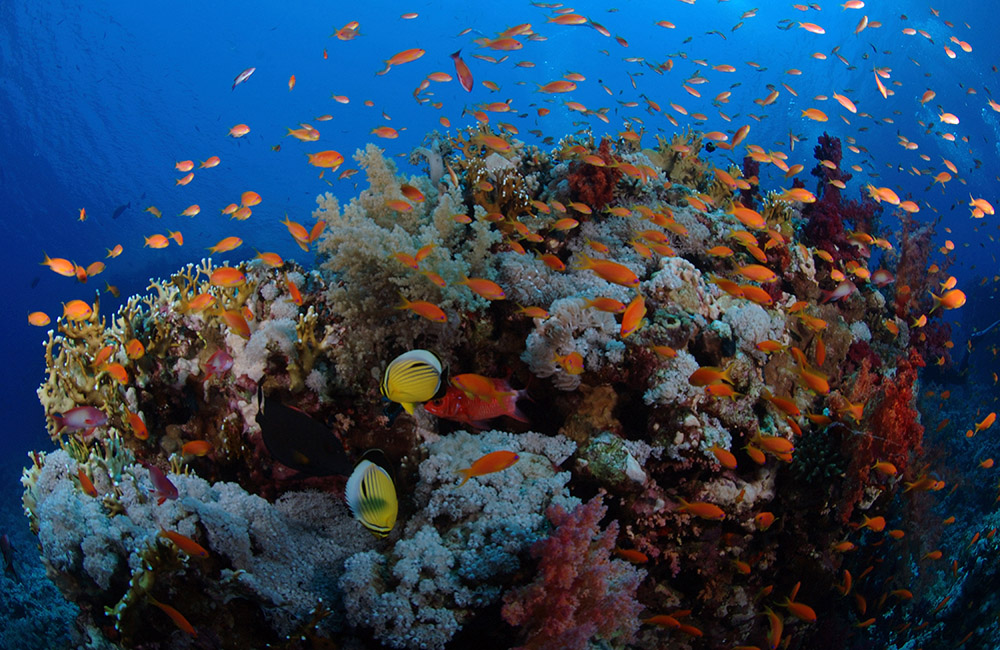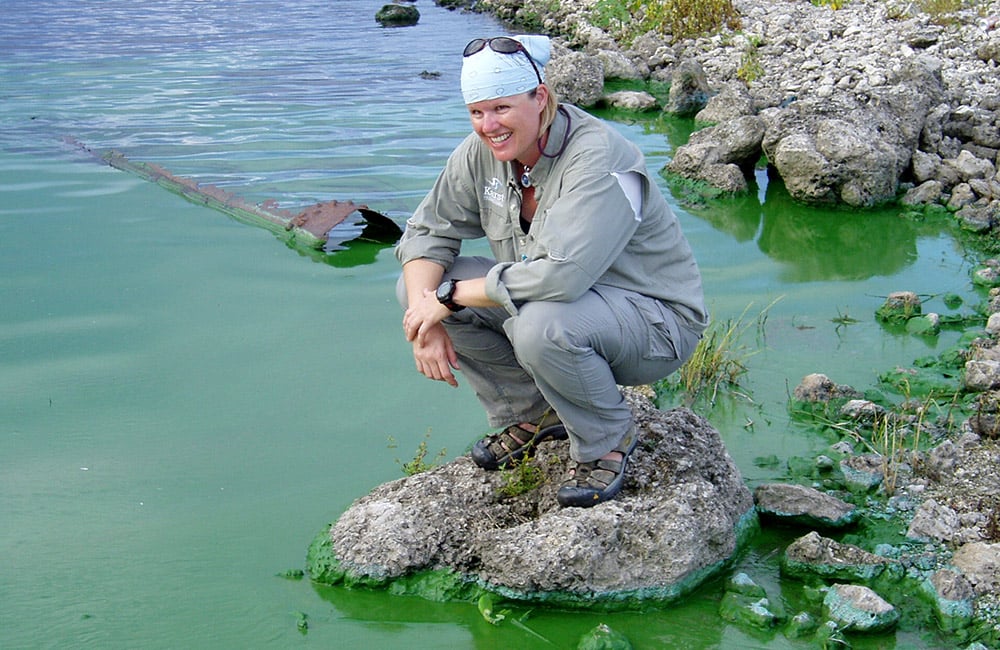We are committed to protecting the environment and preventing pollution in our operations.
"Our guiding principles are the use of sustainable materials, reduction of waste, reduction of energy consumption and co-operation with the supply chain to foster human rights and working conditions," says Erika Rautavaara, Sustainability Manager at Suunto.
The most visible part of the responsibility are, in fact, our products.
"We only design and manufacture durable devices that can be used for a long time in very demanding conditions. In addition, all our equipment can be repaired, and maintenance and repairs can be easily done anywhere in the world. This is very exceptional in the world of electronics."

Juha Ala-Laurila, Dive Business Unit Director at Suunto, points out that responsibility work is a never-ending task.
"We are on a path that goes forward and changes its shape as the world around us changes."
Right now, we are expanding our responsibility operations beyond the limits of our own business.
"The plastic waste in the oceans is a huge problem, and, as a part of the diving community, we want to be involved in solving it," Juha says.
Mission 2020 sets targets
We participate in Mission 2020, a global initiative by organizations within the diving community to change their business practices in order to help protect and preserve the oceans for the future. Every company in the Mission 2020 community has agreed to make a binding commitment.
"Suunto commits to minimizing single-use plastics in the packaging and to select durable materials to ensure a long lifetime for products and capability for maintenance. We also commit to optimize deliveries and compensate carbon emissions from all deliveries. Through our certified and audited environmental management system we are and continue to be committed to save our common playground," Juha says.
With a primary focus on single-use plastic, the project sets ambitious short-term targets of changes to be made before World Oceans Day 2020.
"In the future, all our actions, operations and messages must be environmentally credible", Juha says.

Net-zero is not enough
Divers see the damage caused by human activity on the ocean environment more clearly than anyone else.
Many divers are also committed to solving the problem. One of them is Suunto Ambassador Jill Heinerth, a pioneering Canadian-American underwater explorer and filmmaker. She says that diving companies have a unique opportunity to lead the responsibility work by example in their daily practices.
However, diving companies have also more wide-spreading opportunities.
"Diving companies meet new environmentally-curious customers every day. Dive briefings can have an environmental message, and manufacturers can employ responsible packaging and process ethics. It is not just enough to talk about "net-zero" carbon impacts. We have to lead with net-positive actions," Jill explains.
"If we all talk about those efforts and recognize organizations that have a good ethic, then we can spread the word. Education, process and activism are all important prongs in the environmental ethic."
Daily choices affect ocean health
The problems associated with plastics, climate change, and water quality are massive.
"But I have to believe that we have hope to turn the tide. We don't have the luxury of time anymore. Action has to be swift and bold. Every consumer needs to downsize and vote with their wallets. Whether that means buying local, reducing packaging or making product choices that support the environment, every action will help," Jill says.

In her projects, Jill Heinerth has studied the importance of water to all of us.
"The most important message that I want to convey is that the issues we see in the ocean are connected to our everyday lives. Everything that we do on the surface of our landscape will eventually affect our water systems including the ocean. Choices we make in our daily lives affect ocean health. The effort to using fewer drinking straws is admirable, but it is just a start. We need to seek out alternatives to any plastics and move to use natural, biodegradable products as much as possible, even if they are more expensive. We need to lose the love affair with the golf course style lawn and stop using fertilizer, pesticides, and insecticides on the ground as much as possible. Those materials soak into the ground and flow toward water bodies creating massive algal blooms that kill wildlife and sicken people just like we are seeing in Florida right now."
All images: © Jill Heinerth
READ MORE
Ocean plastics are a problem and no one knows better than divers